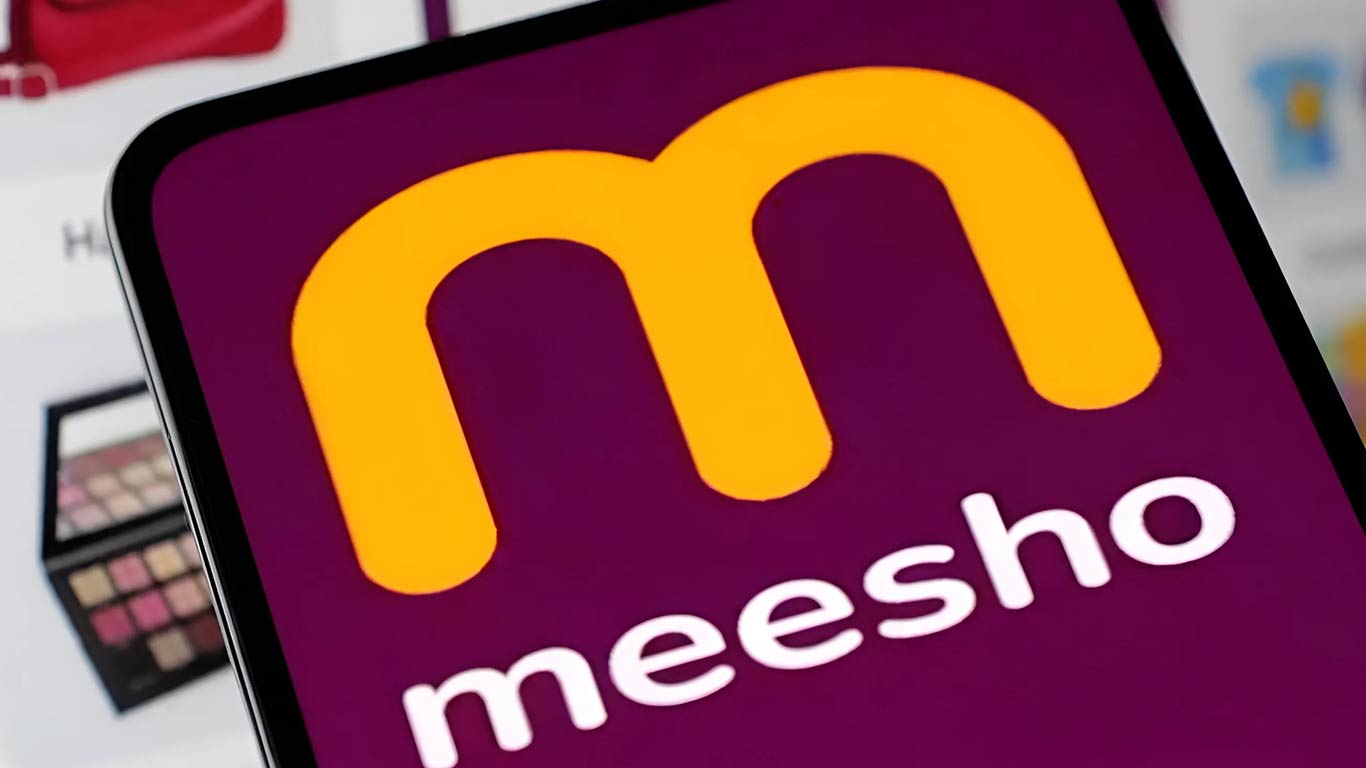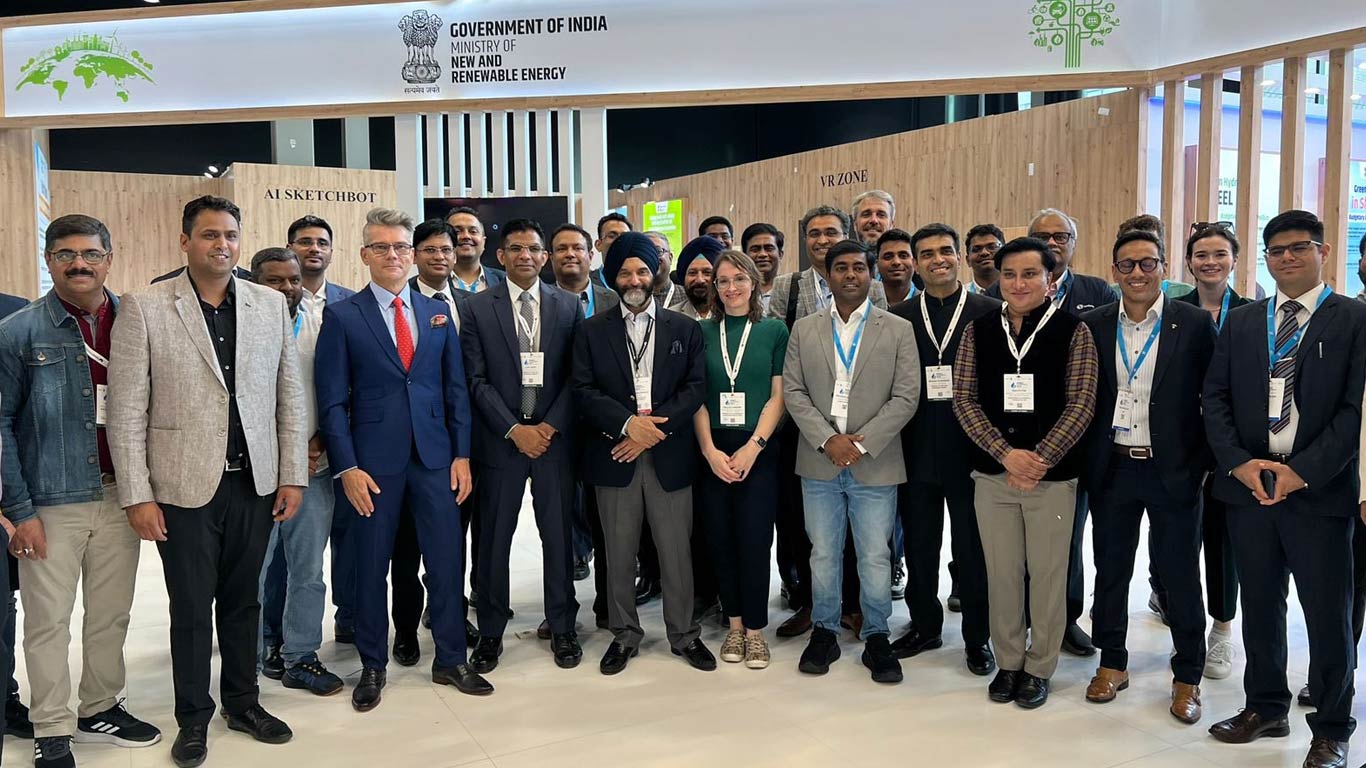Auto components manufacturers go local due to falling rupee
Updated: Jun 18, 2013 03:13:31pm

Earlier, component vendors used to import steel and machine tools as well as dyes that are used for carving out auto parts to make components.
The high input costs while maintaining higher prices for the car market, did not hurt component makers as the rupee was not depreciating then.
However, now with a depreciating rupee, auto companies have been forced to shift to local markets in a bid to keep costs under check.
A falling value of rupee increases the outgo on royalty for some of the international brands, which the auto company has to pay to its parent companies for using its technology and brand name. Further, its import bill for components also goes up.
Localisation is actually a total activity of investing into equipment and then manufacturing it locally.
Typically, for a component designed abroad, auto companies have to pay on a per piece basis or make a huge upfront payment. That cost comes down substantially with indigenisation.
The capability to design and develop tools and dyes locally also translates into the developing new models at a faster pace and lower cost due to nearness to vendors.
The depreciation of the rupee, also adds pressure on car manufacturers, direct import and higher import components. Car prices would have to be hiked to keep the margins in check.
The situation is a double blow for both manufacturers and consumers alike. When manufacturers are looking for a turnaround in car sales, especially after two consecutive quarters of declining car sales, the fuel price hike and pressure on car prices/margins is not the healing touch they are looking for. The consumer is presented with hikes in fuel price and car prices, which would eventually force him/her to hold back purchase decisions even longer.
Further, the Indian government announced a hike in petrol prices of Rs 2 per litre yesterday. This has had a deep impact on the Indian auto market and the customers when the auto sale is already at its low. (KNN)











